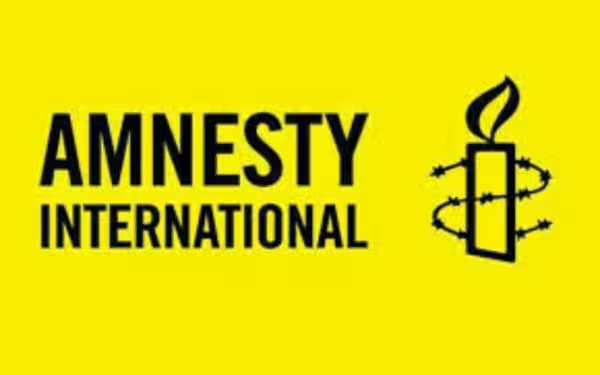Saturday, November 16, 2024 05:54 PM
Amnesty International Urges Pakistan to Lift PTM Ban
- PTM declared a proscribed organization by authorities.
- Amnesty International condemns crackdown on peaceful protests.
- Government urged to respect citizens' right to assembly.
 Image Credits: dawn.com
Image Credits: dawn.comAmnesty International calls on Pakistan to revoke the PTM ban, emphasizing the importance of peaceful assembly and human rights.
The Pashtun Tahaffuz Movement (PTM) has recently found itself at the center of a heated debate in Pakistan. This movement, which advocates for the rights of the Pashtun people, has been facing increasing scrutiny and restrictions from the government. Just days before a significant gathering scheduled for October 11, the Pakistani authorities declared the PTM a proscribed organization. This decision has raised eyebrows and sparked outrage among human rights organizations, including Amnesty International.
Amnesty International has voiced strong concerns regarding this ban, stating, "The listing of the Pashtun Tahaffuz Movement as a proscribed organisation, days ahead of their gathering scheduled on 11 October, is part of a systematic and relentless clampdown by the Pakistani authorities on peaceful protests and assemblies by dissenting groups." This statement highlights the ongoing struggle for freedom of expression and assembly in Pakistan, particularly for groups that challenge the status quo.
The PTM has been a vocal advocate for the rights of the Pashtun community, addressing issues such as enforced disappearances, extrajudicial killings, and the need for justice in the region. Their peaceful protests have aimed to bring attention to these critical issues, but the government's response has often been heavy-handed. Amnesty International further urged the authorities to respect the right to peaceful assembly, emphasizing the importance of allowing citizens to express their views without fear of repression.
This situation raises important questions about the balance between national security and individual rights. While the government may argue that such measures are necessary to maintain order, it is crucial to consider the implications for democracy and civil liberties. The right to peaceful assembly is a fundamental aspect of any democratic society, and restricting it can lead to a slippery slope of further repression.
As the PTM prepares for its gathering, the eyes of the world are watching. The outcome of this situation could have lasting effects on the political landscape in Pakistan and the rights of its citizens. It is essential for the government to engage in dialogue with dissenting voices rather than silencing them. In the end, fostering an environment where all citizens can express their opinions freely is vital for the progress and unity of the nation.













